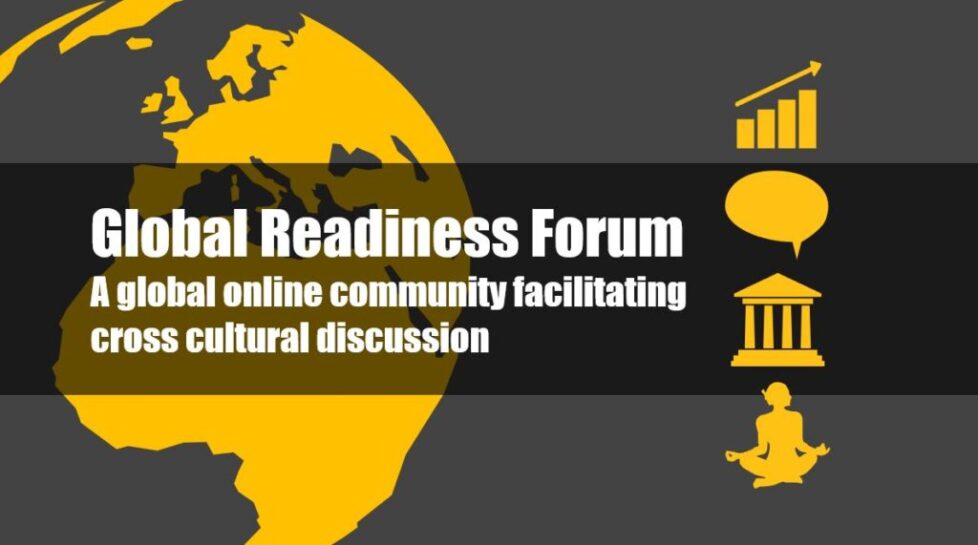
Building responsible remote communities
The recent (ongoing) events with the COVID-19 pandemic have highlighted the need to develop innovative new ways to engage with each other. It has been inspiring to see how companies and organizations have stepped up to provide online/remote training and webinars to those who are practicing responsible social-distancing.
Remote access to these resources and information is valuable but can leave out the human component. This is why we have started this global initiative with a focus on discussion and human interaction. Each session provides not only valuable information and insight but also an opportunity to experience the (remote) human contact that is absolutely critical to sustaining a healthy remote working environment.
Latest session topics

Forced Labor in International Supply Chains (Part 1)
This session serves as Part 1 of an ongoing discussion about forced labor in the supply chain, and the roles and responsibilities of international companies in monitoring working conditions. In this discussion, we will focus our discussion on the treatment of Uyghur workers in the Xinjiang Uyghur Autonomous Region in the People’s Republic of China.

Cultural and Political Concerns of Corona Virus
The worldwide Corona Virus pandemic presents opportunities and risks for global organizations. It is important to follow the latest news and trends to understand the political and cultural climate.
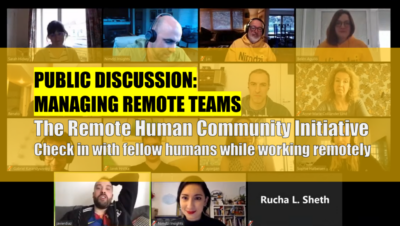
Discussion: Best Practices for Managing Remote Teams
Today’s topic is sharing tips and best practices for managing remote teams (or working for remote managers). All are welcome to join, share their experience, and learn from their peers.
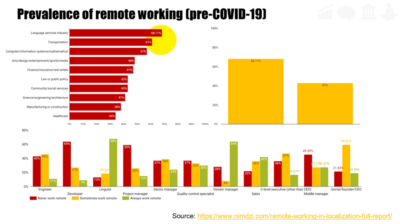
Discussion: Remote work in localization
This discussion focuses on how people’s work has changed in recent weeks and provides an opportunities for the community to share advice with peers on how to handle remote working.
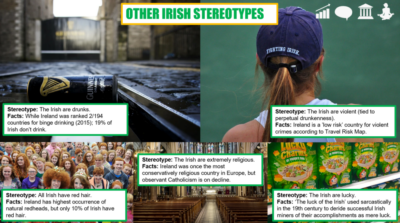
Irish geocultural and geopolitical awareness for Saint Patrick’s Day
Saint Patrick’s Day is a cherished Irish holiday that is celebrated not just at home, but by people all over the globe. It is the one day where everybody claims to be “a little bit Irish.” In preparation for the holiday, we look at some geocultural and political issues to be aware of.
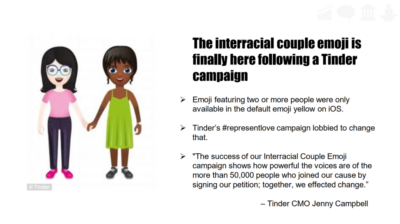
Emojis: Implications for geopolitics, accessibility, diversity, and inclusion
This week’s call we used the theme of Unicode emojis to cover a whole range of topics, specifically geopolitical, diversity, and accessibility implications.
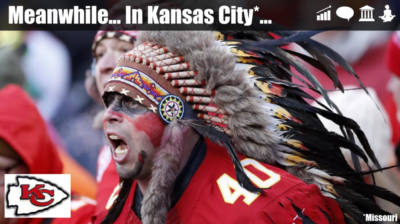
Racist iconography and mascots (Collaborate, Educate, Give back)
WIth a focus on the fashion industry and sports franchises in the United States, we take a look at how some brands are managing to avoid (or not avoid) potentially offensive/racist iconography.

Facebook, Wikipedia, Moustaches, and more
During the last session, we were not able to get to some very interesting topics, including: Facebook Burmese > English Error, a US-South Korean Ambassador’s moustache, Natuna Island Indonesia disputes, 9-Dash Line disagreements, Wikipedia access being restored in Turkey, and a parody Brazilian condom spec ad.
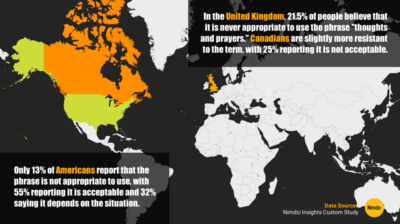
Ad hoc research: “Thoughts & prayers” across cultural borders
This ad hoc research was performed by Nimdzi Insights to support an ongoing conversation on the cultural meaning of “thoughts & prayers” in response to crises.
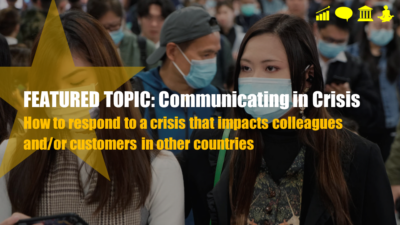
Communicating in crisis
When a regional crisis hits, how do international teams deal with it? How you respond during a crisis will have a lasting effect on the dynamics on your international team, and potentially on your company’s image around the world.
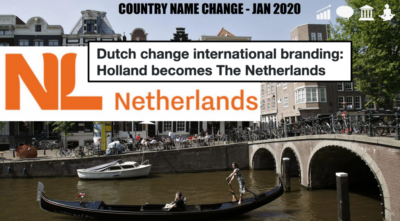
Country name changes and brand naming controversies
In today’s session, we look at the importance of names at the geopolitical and geocultural level. Names carry meaning and weight for countries and local authorities, and they can also have powerful implications for brands that are looking to succeed in local markets.